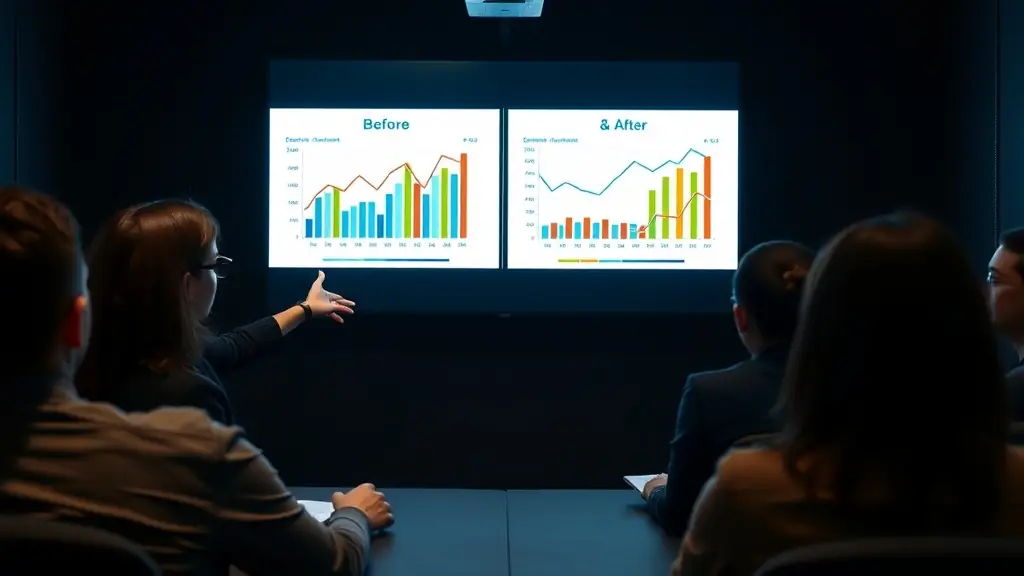In today’s competitive business environment, companies are constantly seeking innovative ways to connect with their target audience and showcase their products or services. One of the most impactful strategies is the organisation of roadshows, which are a series of promotional events held across multiple locations. However, the success of these events heavily relies on professional roadshow event management.
Roadshow Event Management involves the meticulous planning, coordination, and execution of events that travel from city to city or region to region. Unlike traditional static events, roadshows require a dynamic approach to logistics, timing, and audience engagement. Effective management ensures that each stop on the tour delivers a consistent brand message and provides a memorable experience for attendees.
One of the key benefits of roadshow event management is the ability to directly engage with local markets. By bringing the brand experience to various locations, companies can build stronger relationships with customers, partners, and potential clients. This face-to-face interaction creates a more personalised connection, allowing for real-time feedback and meaningful conversations that are often lost in digital campaigns.
Furthermore, successful roadshow event management enhances brand visibility. As the event moves from one location to another, it generates local buzz, attracts media attention, and increases exposure to diverse audiences. The travelling nature of roadshows also provides the opportunity to tailor each event to the specific interests and cultural nuances of different regions, making the overall campaign more impactful.
To achieve these outcomes, detailed planning is essential. Roadshow event management must account for venue selection, transport logistics, scheduling, staffing, equipment setup, and on-site troubleshooting. Additionally, careful attention must be given to marketing efforts to ensure maximum attendance at each location. This often involves a combination of local advertising, social media promotion, and partnerships with regional influencers.
Post-event evaluation is another crucial aspect of roadshow event management. Gathering data, analysing attendee feedback, and measuring key performance indicators help determine the effectiveness of each stop and inform future improvements.
In summary, roadshow event management is a critical component in delivering successful, engaging, and impactful brand experiences across multiple locations. It demands precision, flexibility, and creativity to ensure each event not only runs smoothly but also leaves a lasting impression. Companies that invest in professional roadshow event management are more likely to achieve their marketing objectives and foster stronger customer relationships.



